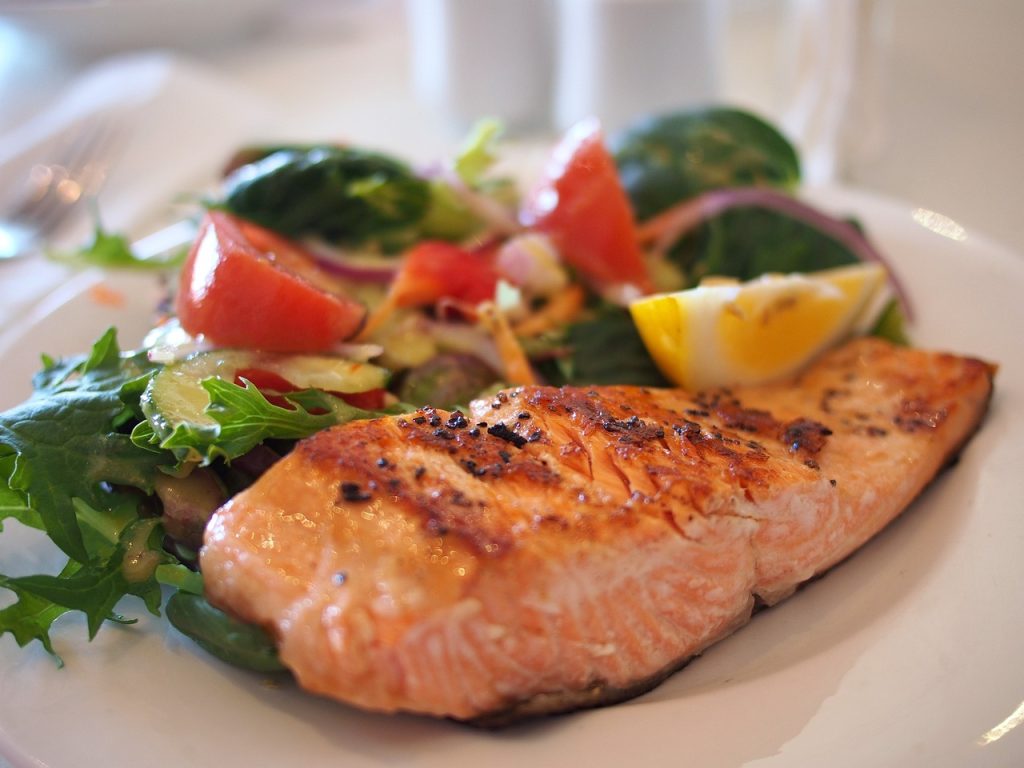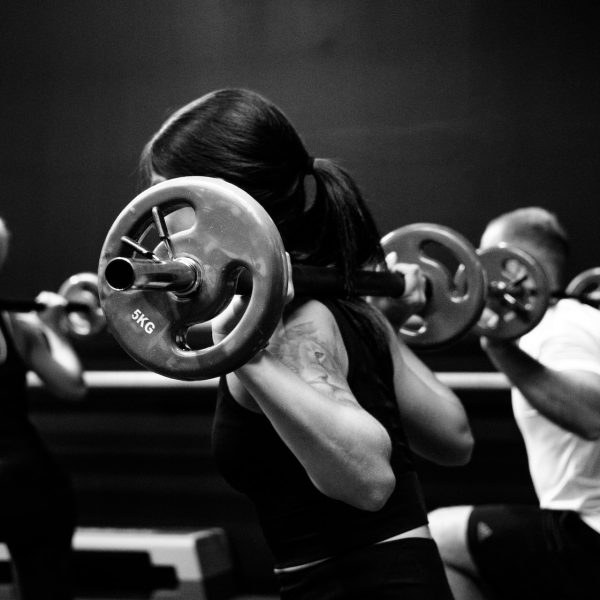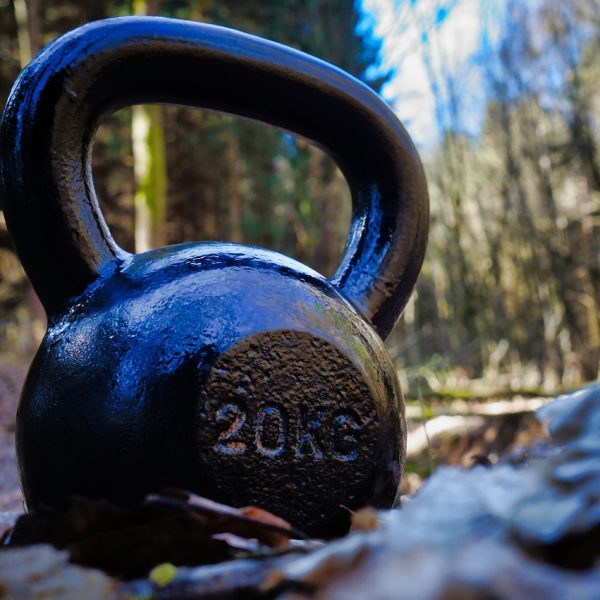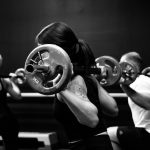Gain Muscle on a Calorie Deficit
Hey there, fitness enthusiast! If you’ve ever thought about turning the conventional wisdom of bulking up in a calorie surplus on its head, you’re not alone. There’s a fascinating concept gaining traction in the fitness world – gain muscle on a calorie deficit. Yep, you read that right. In this journey, I’ll take you through the science, strategies, and motivation behind this remarkable approach.

The Science Behind the Paradox
Before we dive in, let’s unravel the scientific magic that makes it all possible. It starts with Muscle Protein Synthesis (MPS), the secret sauce behind muscle growth. Even when you’re consuming fewer calories than you burn, resistance training stimulates MPS. So, the calorie deficit? It doesn’t shut down the muscle-building factory; it just slows down the assembly line a bit.
But let’s not forget our trusty sidekick, Protein. It’s like the foreman in the muscle factory. It ensures that the materials needed for muscle repair and growth (those essential amino acids) are always on hand, even when resources are tight.
Now, you might wonder how hormones come into play. Well, calorie deficits can mess with hormones like insulin, testosterone, and growth hormone, potentially affecting muscle growth. The good news is, studies suggest that resistance training and proper nutrition can help keep these hormone fluctuations in check, allowing you to build muscle even when you’re not in a calorie surplus.
So, science says it’s possible. But how do you make it happen? That’s where the strategies come in.
Prioritizing Protein: The Secret Sauce
Here’s where the fun begins. If protein were a character in a superhero movie, it would be the one who swoops in to save the day when things get tough. When you’re on a calorie deficit, this mighty nutrient becomes even more critical. Aim for 1.2 to 2.2 grams of protein per kilogram of body weight. Think lean meats, fish, eggs, tofu, and legumes. Protein provides those precious amino acids necessary for muscle repair and growth.
Resisting the Ordinary: Effective Resistance Training
Resistance training is your superhero origin story in this calorie-deficit muscle-building saga. It’s your chance to don the cape and become the protagonist of your own transformation. We’re talking about squats, deadlifts, bench presses, and pull-ups. These are your compound movements, the powerhouses that engage multiple muscle groups simultaneously.
The secret to success here is progressive overload. It means you consistently challenge your muscles by increasing the weight or resistance you’re working with over time. That’s how you stimulate growth, even when calories are in short supply.
Remember, variety and periodization are your allies. Change your routine every 4-8 weeks to keep things fresh and your muscles engaged. And don’t forget proper form; it’s your ticket to targeting the right muscle groups and preventing injuries.
Cardio and conditioning? They’re the icing on the cake. While resistance training takes center stage, cardio exercises like running, swimming, and cycling are the supporting characters that enhance your overall fitness and calorie expenditure.

Balanced Diet: A Symphony of Nutrients
While protein might be the star of the show, don’t underestimate the importance of a well-rounded diet. Carbs provide the energy for your workouts, and healthy fats keep your body humming along smoothly. Fruits and vegetables provide essential vitamins, minerals, and fiber to support muscle function and recovery.
In a nutshell, think of your nutrition plan as your orchestra conductor, harmoniously balancing protein, carbs, and fats to ensure you have the energy and nutrients needed for effective training and muscle recovery.
Patience: The Ultimate Virtue
Now, let’s talk about the elephant in the room: the rate of muscle growth. When you’re on a calorie deficit, it’s slower than when you’re in a surplus. But remember, it’s all about the journey, not just the destination. It’s a gradual process, and it requires patience and consistency.
Monitor your progress by taking photos, measuring body circumferences, and tracking your strength gains. These are your milestones, your personal trophies. Celebrate them, no matter how small they might seem. Every victory, every extra rep or added weight, is a testament to your dedication.
Embrace the journey and adapt as you go. Your body is a dynamic entity, and its needs will change over time. Pay attention to how you feel, and don’t be afraid to tweak your calorie intake, macronutrient ratios, or workout regimen as needed.
Consistency is Your Superpower
Above all, remember that consistency is your ultimate superpower. Even when the results seem distant, sticking to your nutrition and training plan is the secret to success. It’s about making fitness a part of your lifestyle, not just a temporary fix.
Remember, Rome wasn’t built in a day, and your dream physique won’t be either. But the journey is where the magic happens. So, embrace the process, stay committed, and stay the course. Your persistence will pay off.
Scientific Validation
To add some scientific weight to this motivation, let’s look at some studies that support the idea of gaining muscle in a calorie deficit:
- Muscle Protein Synthesis Studies: Research published in the Journal of Applied Physiology explored the impact of resistance training on MPS in a calorie deficit. The results were clear: resistance training can significantly increase MPS, even when you’re in a calorie deficit.
- Protein and Muscle Growth: A study featured in the American Journal of Clinical Nutrition delved into the relationship between protein intake and muscle growth during a calorie deficit. The findings underline the importance of adequate protein intake for preserving and building muscle in such conditions[^2^].
- Hormonal Responses to Resistance Training: Research published in the European Journal of Applied Physiology examined the hormonal responses to resistance training during a calorie deficit. The study concluded that proper resistance training can help mitigate unfavorable hormonal changes, enabling muscle growth even in a calorie deficit.
Conclusion
Gaining muscle in a calorie deficit is not only scientifically validated but also a journey that can be profoundly rewarding. It challenges conventional fitness paradigms and opens the door to a more holistic approach to body transformation.
It’s time to step into your own superhero story, where scientific studies back your every move and your body’s potential knows no boundaries. Gain muscle in a calorie deficit, and witness the transformation of your physique, and your life.
Your body is your masterpiece, and the deficit is your canvas. It’s time to start painting the picture of your dreams. Embrace the challenge, defy the odds, and unlock your full potential. Gaining muscle on a calorie deficit isn’t just a fitness goal; it’s a journey of self-discovery and empowerment.
So, what are you waiting for? Let’s write the next chapter of your story, where science meets determination and turns the ordinary into the extraordinary. It’s your time to shine, and the spotlight is waiting. Go seize it!








